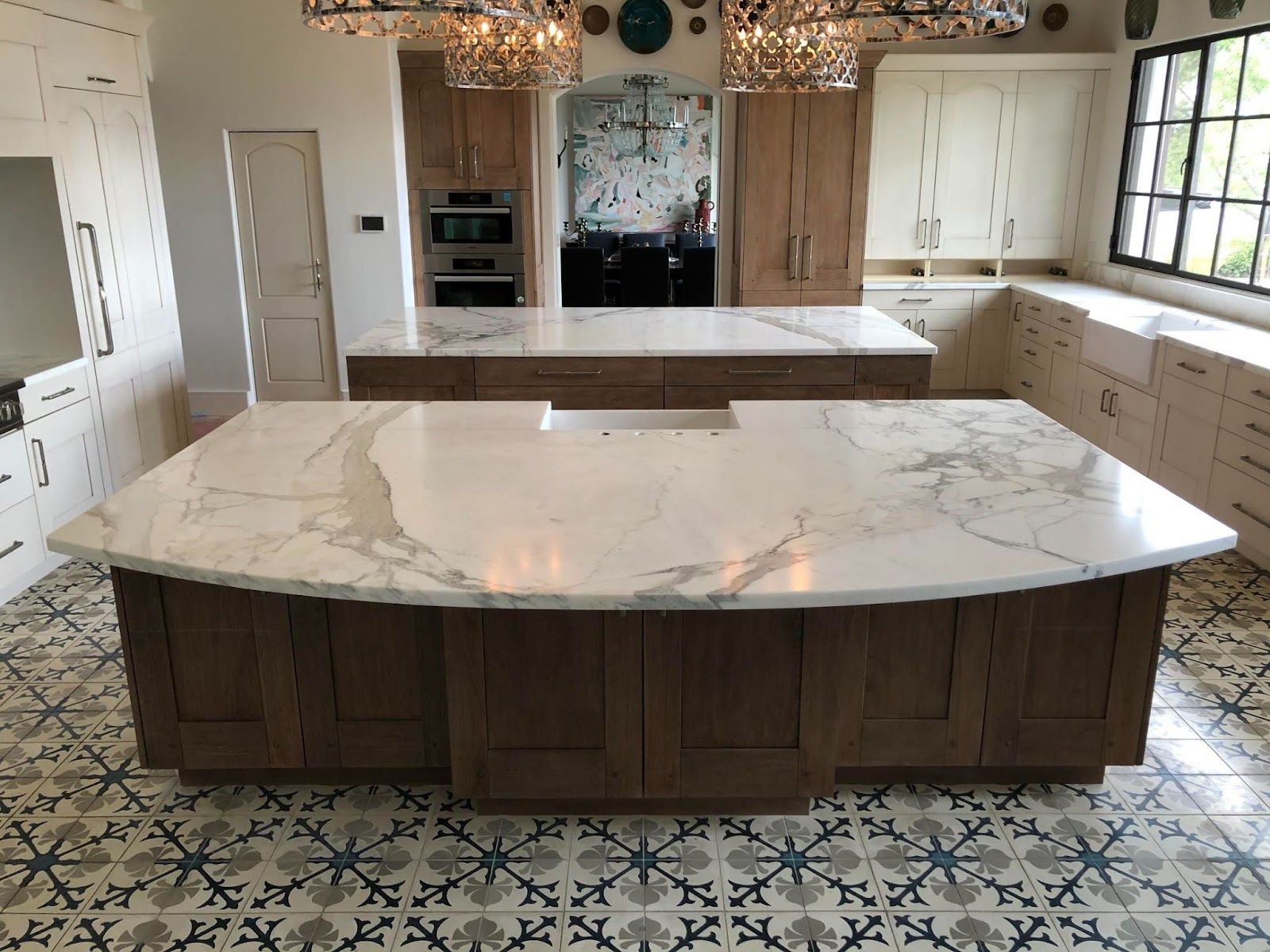

Articles
What Are Marble Countertops
Modified: October 20, 2024
Discover the beauty and durability of marble countertops. Our articles provide essential information on installation, care, and maintenance for stunning marble surfaces.
(Many of the links in this article redirect to a specific reviewed product. Your purchase of these products through affiliate links helps to generate commission for Storables.com, at no extra cost. Learn more)
Introduction
Marble countertops have been a popular choice for homeowners and interior designers alike for many years. The timeless beauty and elegance of marble can transform any kitchen or bathroom into a luxurious space. Whether you’re considering a renovation or building a new home, marble countertops can be a stunning addition to your design.
Marble is a natural stone that has been used in construction and design for centuries. It is formed from limestone that has undergone intense heat and pressure over time. This process creates unique patterns and veining that make each slab of marble truly one-of-a-kind.
Marble countertops are known for their durability and longevity. When properly cared for, they can last for decades, making them a worthwhile investment for homeowners. Additionally, marble is heat-resistant, making it an ideal choice for kitchen countertops where hot pots and pans are frequently placed.
One of the main draws of marble countertops is their aesthetic appeal. The natural beauty of marble with its striking veining and wide range of colors can add a touch of sophistication and elegance to any space. It can complement both modern and traditional design styles, making it a versatile choice for any home.
In this article, we will explore the various aspects of marble countertops, including their characteristics, pros and cons, popular types of marble, care and maintenance tips, choosing the right marble countertop, cost considerations, and comparisons with other countertop materials. By the end, you’ll have a comprehensive understanding of marble countertops and be well-equipped to make an informed decision for your home or project.
Key Takeaways:
- Marble countertops offer timeless elegance and durability, making them a luxurious addition to any kitchen or bathroom. However, they require regular maintenance to preserve their natural beauty and longevity.
- When choosing marble countertops, consider factors such as type, veining, and color to align with your design style and budget. Compare with alternative materials to make an informed decision that suits your needs and lifestyle.
Read more: How To Shine Marble Countertops
Definition of Marble Countertops
Marble countertops are countertops made from the natural stone known as marble. Marble is a metamorphic rock that is formed when limestone undergoes intense heat and pressure over time. This process causes the limestone to recrystallize, resulting in the formation of the unique patterns and veining that marble is known for.
Marble countertops are typically crafted from large slabs of marble that are cut to fit the dimensions of a kitchen or bathroom countertop. These slabs can vary in thickness and can be customized to fit specific design preferences.
The beauty of marble countertops lies in their distinct patterns and colors. Each piece of marble is unique, with its own variations in veining, shade, and texture. From classic white and gray marble to more daring hues like green or black, there are endless options to choose from when it comes to marble countertops.
Marble countertops are not only visually appealing but also have a smooth and cool surface that makes them ideal for baking and preparing food. The natural heat resistance of marble makes it excellent for placing hot pots and pans directly on the surface without fear of damage.
It’s important to note that while marble countertops are durable, they are not completely immune to scratches, stains, and etching. Marble is a porous stone, which means it can absorb liquids and be susceptible to damage from acidic substances. However, with proper care and maintenance, the beauty and integrity of marble countertops can be preserved for many years.
Overall, marble countertops offer a luxurious and timeless look that can enhance the aesthetic appeal of any kitchen or bathroom. Whether paired with a contemporary design or a more traditional style, marble countertops have the ability to elevate the overall ambiance of a space and create a sense of elegance and sophistication.
Characteristics of Marble Countertops
Marble countertops possess several characteristics that set them apart from other countertop materials. Understanding these characteristics can help you make an informed decision when choosing marble for your kitchen or bathroom countertops. Here are some key characteristics of marble countertops:
1. Natural Beauty
Marble is renowned for its unparalleled natural beauty. With its intricate patterns, unique veining, and wide range of colors, marble countertops can instantly transform any space into a visually stunning masterpiece. The natural variations in the stone give each marble countertop its own distinctive charm and character.
2. Durability
Marble countertops are known for their durability and strength. When properly sealed and maintained, they can withstand the rigors of daily use without losing their beauty or functionality. However, it’s important to note that marble is not as hard as some other countertop materials like granite, so it may be more prone to scratching and chipping.
3. Heat Resistance
One of the advantages of marble countertops is their natural heat resistance. You can place hot pots and pans directly on the surface without worrying about damage. This makes marble an excellent choice for avid cooks and those who enjoy hosting gatherings in the kitchen.
4. Cool Surface
Marble countertops have a cool surface that can be refreshing, especially in warmer climates. This characteristic makes marble a popular choice for bakers who need a cool surface for working with dough.
5. Elegant and Timeless
Marble has been used in architectural designs for centuries, and its elegance and timeless appeal remain unmatched. It can effortlessly elevate the aesthetic of any space, adding a touch of sophistication and luxury.
6. Porosity
Marble is a porous stone, which means it can absorb liquids if not properly sealed. This porosity can make marble countertops more susceptible to stains and etching from acidic substances such as lemon juice or vinegar. Regular sealing and proper care are essential for maintaining the beauty and longevity of marble countertops.
By considering these characteristics, you can determine whether marble countertops are the right choice for your home. It’s important to weigh the benefits and potential drawbacks to ensure that marble aligns with your lifestyle and design preferences.
Read more: How To Reseal Marble Countertops
Pros and Cons of Marble Countertops
Pros:
- 1. Elegant and Timeless: Marble countertops are known for their classic and timeless beauty. They can instantly elevate the aesthetic of any space, adding a touch of luxury and sophistication.
- 2. Natural Variations: Each piece of marble is unique, with its own distinct patterns, veining, and colors. This means that your marble countertop will be one-of-a-kind, making it a special focal point in your kitchen or bathroom.
- 3. Heat Resistance: Marble countertops can withstand high temperatures, making them ideal for placing hot pots and pans directly on the surface without fear of damage.
- 4. Cool Surface: Marble has a cool surface that can be refreshing, especially in warmer climates. This makes it a comfortable surface for preparing food and working with dough.
- 5. Investment Value: Marble countertops can add value to your home. Their timeless appeal and durability make them an attractive feature for potential buyers.
Cons:
- 1. Porosity: Marble is a porous stone, which means it can absorb liquids and is prone to staining. It is important to promptly clean up spills to prevent staining and to regularly seal the surface to protect against damage.
- 2. Susceptible to Scratches: While marble is durable, it is not as scratch-resistant as other countertop materials such as quartz or granite. Sharp objects and heavy use can result in scratches or chips on the surface of the marble.
- 3. Etching: Marble is sensitive to acidic substances such as lemon juice, vinegar, and some cleaning products. These acids can cause etching, which is a dulling of the surface finish. It is important to use non-abrasive, pH-neutral cleaners specifically formulated for marble countertops.
- 4. Maintenance: Marble countertops require regular maintenance to preserve their beauty. This includes sealing the surface periodically, wiping up spills promptly, and using cutting boards and trivets to protect against scratches and heat.
- 5. Cost: Marble countertops can be more expensive compared to other materials like laminate or tile. The cost can vary depending on factors such as the type of marble, thickness, and customization options.
Considering these pros and cons will help you make an informed decision about whether marble countertops are the right choice for your home. While marble offers unmatched elegance and beauty, it also requires proper care and maintenance to prolong its lifespan and preserve its stunning appearance.
Popular Types of Marble for Countertops
Marble countertops come in a variety of stunning colors and patterns, each with its own unique characteristics. Here are some popular types of marble that are commonly used for countertops:
Read more: How To Resurface Marble Countertops
1. Carrara Marble:
Carrara marble is one of the most well-known types of marble. It is quarried in the Carrara region of Italy and is renowned for its white or light gray background with subtle gray veining. Carrara marble adds a classic and elegant touch to any space and is a popular choice for both traditional and contemporary designs.
2. Calacatta Marble:
Calacatta marble is a luxurious and highly sought-after marble. It is characterized by its white background and bold, dramatic veining in shades of gray and gold. Calacatta marble is often used in high-end applications and can create a striking focal point in any room.
3. Statuario Marble:
Statuario marble is known for its pure white background and dramatic, bold veining. It is quarried in Italy and has been used in famous sculptures and architectural designs for centuries. Statuario marble exudes elegance and sophistication and can make a statement in any kitchen or bathroom.
4. Emperador Marble:
Emperador marble is a rich, dark brown marble with fine white and gray veining. This warm-toned marble can create a cozy and inviting atmosphere in any space. It is often used in traditional or Mediterranean-style kitchens and bathrooms.
Read more: How To Clean Stains On Marble Countertops
5. Nero Marquina Marble:
Nero Marquina marble is a striking black marble with contrasting veins in white or gray. This marble adds a bold and dramatic element to any design. It is often used as an accent in modern and contemporary spaces.
6. Arabescato Marble:
Arabescato marble features a white background with intricate gray veining that resembles delicate, swirling patterns. This marble offers a sophisticated and elegant look and can be used in a variety of design styles.
These are just a few examples of the many types of marble available for countertops. When choosing a type of marble, consider factors such as the overall design aesthetic, the desired level of veining and pattern, and the color scheme of the space. Keep in mind that each slab of marble is unique, so it’s essential to view samples or visit a showroom to see the full range of variations.
Care and Maintenance of Marble Countertops
Marble countertops require regular care and maintenance to preserve their beauty and ensure their longevity. By following these guidelines, you can keep your marble countertops looking their best:
1. Sealing:
Marble is a porous stone, which means it can absorb liquids and be susceptible to staining. To protect your marble countertops, it is important to apply a high-quality sealer. Sealers help create a protective barrier that prevents liquids from penetrating the surface. Be sure to follow the manufacturer’s instructions for application and re-application of the sealer.
Read more: How To Polish Cultured Marble Countertops
2. Cleaning:
When cleaning marble countertops, it is crucial to use mild, pH-neutral cleaners specifically formulated for marble. Avoid using abrasive cleaners or acidic substances, as they can cause etching or dull the surface. Wipe up spills promptly to prevent staining and be cautious with colored liquids such as wine or coffee. For regular cleaning, use a soft cloth or sponge with gentle cleaning solutions and warm water.
3. Avoiding Scratches:
Marble countertops can be scratched by sharp objects or abrasive materials. It is best to use cutting boards, trivets, and coasters to protect the surface from scratching or heat damage. Avoid dragging heavy objects across the countertop, as this can also lead to scratches or chips.
4. Preventing Etching:
Marble is sensitive to acidic substances, such as lemon juice, vinegar, and acidic cleaning products. These substances can cause etching, which is a dulling of the surface finish. Be cautious when using these items near marble countertops, and if a spill occurs, clean it up immediately to minimize damage. Consider using pH-neutral cleaners designed for marble to safely remove stains and maintain the beauty of the countertop.
5. Regular Maintenance:
Perform regular maintenance on your marble countertops to keep them in optimal condition. This includes wiping down the surface with a soft cloth or sponge, using gentle cleaners, and drying the countertop after cleaning. Routine maintenance will help prevent build-up and maintain the natural shine and beauty of the marble.
Read more: How To Take Care Of Marble Countertops
6. Avoiding Heavy Impact:
Avoid dropping heavy objects or placing excessive weight on marble countertops, as this can lead to cracks or chips. Use caution when handling heavy pots, pans, or appliances to prevent damage to the surface.
By following these care and maintenance practices, you can help ensure that your marble countertops remain beautiful and functional for years to come. Regular cleaning, proper sealing, and cautious use will help preserve the natural elegance and charm of your marble countertops.
Tips for Choosing the Right Marble Countertop
Choosing the right marble countertop for your kitchen or bathroom is an important decision that requires careful consideration. Here are some tips to help you choose the perfect marble countertop:
1. Determine Your Budget:
Before starting your search, establish a budget for your marble countertops. Marble can vary in price based on factors such as the type of marble, thickness, and customization options. Having a clear budget in mind will help narrow down your options and ensure you stay within your desired price range.
2. Consider Your Design Style:
Think about the overall design style of your kitchen or bathroom. Do you prefer a classic, traditional look, or are you leaning towards a more contemporary aesthetic? Different types of marble can complement various design styles. For example, Carrara marble is commonly used in classic designs, while Calacatta marble can add a luxurious touch to modern spaces.
Read more: How To Make Countertops Look Like Marble
3. Evaluate the Veining and Patterns:
Inspect the veining and patterns in the marble slabs. The veining and patterns can vary greatly from one slab to another, even within the same type of marble. Consider the desired level of veining – whether you prefer bold and dramatic veining or subtle and understated patterns. It’s recommended to view samples or visit a showroom to see the full range of variations in person.
4. Assess the Color Scheme:
Take into account the color scheme of your kitchen or bathroom. Marble countertops come in various colors, ranging from classic white and gray to more unique shades like green or black. Consider how the color of the marble will complement or contrast with the surrounding elements in the space.
5. Plan for Maintenance:
Understand the care and maintenance requirements of marble countertops. Marble is a porous stone, so it requires regular sealing and cautious usage to prevent staining, scratching, and etching. Ensure that you are willing to commit to the maintenance routine that marble demands before making your choice.
6. Seek Professional Advice:
Consult with professionals in the industry to seek their advice and expertise. They can guide you on the best type of marble for your specific needs, provide insights into the pros and cons of different options, and help you make an informed decision.
By considering these tips, you can choose the right marble countertop that aligns with your design preferences, budget, and maintenance capabilities. Remember, each slab of marble is unique, and selecting the perfect one will enhance the overall beauty and ambiance of your space.
Read more: How Much Do Marble Countertops Cost
Cost of Marble Countertops
The cost of marble countertops can vary depending on several factors, including the type of marble, slab size, thickness, and intricacy of installation. It’s important to consider these factors when budgeting for your marble countertops. Here are some key considerations regarding the cost:
1. Type of Marble:
The type of marble you choose will have a significant impact on the cost of your countertops. Certain types of marble, such as Carrara, tend to be more affordable compared to rarer or more exotic varieties, such as Calacatta or Statuario. The availability and sourcing of the marble can also affect the price.
2. Slab Size and Thickness:
The size and thickness of the marble slab required for your countertops will influence the cost. Larger slabs and thicker countertops generally come at a higher price due to increased material and labor costs. Keep in mind that thicker slabs can offer added durability and visual appeal.
3. Customization and Installation:
If your project requires customization, such as unique edge profiles or intricate designs, it may result in additional costs. Similarly, the complexity of the installation can impact the overall price. Factors like the location of your home, accessibility, and any structural modifications required may increase the labor costs associated with installation.
4. Market Prices and Availability:
The cost of marble countertops can fluctuate based on market supply and demand. Additionally, prices may vary depending on your geographical location, as transportation costs can influence the final price. It’s recommended to research and compare prices from different suppliers and contractors to ensure you are getting a fair estimate.
5. Additional Expenses:
When budgeting for marble countertops, consider potential additional expenses such as sealing, cleaning products, and ongoing maintenance. Marble countertops require regular sealing and care to protect their appearance and longevity. It’s important to factor in these expenses when determining the overall cost of ownership.
As a general guideline, the cost of marble countertops can range from $50 to $250 per square foot, including materials and installation. However, it’s important to note that these are approximate figures, and the actual cost can vary significantly depending on the factors mentioned above.
When considering the cost of marble countertops, it’s essential to strike a balance between your desired aesthetic, budget, and long-term maintenance requirements. Consulting with professionals and obtaining multiple quotes can help you make an informed decision and find the best value for your investment.
Comparisons between Marble Countertops and Other Materials
When choosing a countertop material for your kitchen or bathroom, it’s important to consider the various options available. Here are some comparisons between marble countertops and other popular materials to help you make an informed decision:
1. Marble vs. Granite:
Marble and granite are both natural stones widely used for countertops. While marble offers a timeless elegance with its unique veining, granite is known for its durability and resistance to scratches and heat. Granite countertops are generally more affordable than marble, but do not offer the same level of luxury and aesthetic appeal.
2. Marble vs. Quartz:
Quartz countertops are engineered stone surfaces made from a combination of quartz crystals and resin. While quartz can mimic the look of marble with a wide range of colors and patterns, it offers superior durability and resistance to stains, scratches, and etching. Marble requires regular maintenance, sealing, and precautions against staining and etching, while quartz is virtually maintenance-free.
3. Marble vs. Laminate:
Laminate countertops are an affordable and widely available option. They come in a variety of colors and designs, but lack the natural beauty and elegance of marble. Laminate is more susceptible to burns, scratches, and water damage compared to marble. While laminate is a budget-friendly option, marble adds a level of sophistication and value to your space.
4. Marble vs. Solid Surface:
Solid surface countertops, such as Corian, are a composite material made from acrylic or polyester resins. They offer a seamless, non-porous surface that is resistant to stains and bacteria. However, marble countertops provide a more luxurious and natural aesthetic that cannot be replicated by solid surface materials.
5. Marble vs. Ceramic Tile:
Ceramic tile countertops are a versatile and budget-friendly option. While they offer a wide range of styles and designs, they lack the elegance and durability of marble. Marble countertops are known for their natural beauty and ability to withstand heat, making them a more suitable choice for high-traffic and high-heat areas.
Each countertop material has its own unique characteristics and benefits. Marble countertops are prized for their timeless beauty and luxury, but require more maintenance compared to other materials. Consider your priorities in terms of aesthetics, durability, maintenance, and budget when making your decision. Consulting with professionals and exploring samples can help you visualize the different materials in your space and make the right choice for your needs.
Conclusion
Marble countertops are a timeless and elegant choice for kitchens and bathrooms, adding a touch of luxury and sophistication to any space. With their natural beauty, unique veining patterns, and a wide range of colors, marble countertops can transform a mundane room into a stunning showpiece.
While marble countertops offer numerous benefits, it’s important to carefully consider their characteristics and maintenance requirements. Marble is a porous stone that can be susceptible to staining and etching. Regular sealing, cautious usage, and proper cleaning are necessary to preserve its beauty and durability.
When selecting marble countertops, take into account factors such as the type of marble, slab size, thickness, and customization options to fit your budget and design preferences. Consider the overall aesthetic of your space and how the marble will complement or contrast with other elements.
It’s crucial to compare marble countertops with alternative materials such as granite, quartz, laminate, solid surface, or ceramic tile. Each material has its own unique features in terms of durability, maintenance, and cost. By weighing the pros and cons of each option, you can make an informed decision that aligns with your needs and lifestyle.
In conclusion, marble countertops offer a timeless and luxurious look that can enhance the beauty and value of your home. With proper care and maintenance, these countertops can last for years and become an enduring centerpiece in your kitchen or bathroom.
Whether you prefer the classic elegance of Carrara marble, the bold statement of Calacatta marble, or the unique charm of other types, marble countertops are sure to make a lasting impression. Embrace the natural beauty of marble and enjoy the sophistication it brings to your living space.
Frequently Asked Questions about What Are Marble Countertops
Was this page helpful?
At Storables.com, we guarantee accurate and reliable information. Our content, validated by Expert Board Contributors, is crafted following stringent Editorial Policies. We're committed to providing you with well-researched, expert-backed insights for all your informational needs.
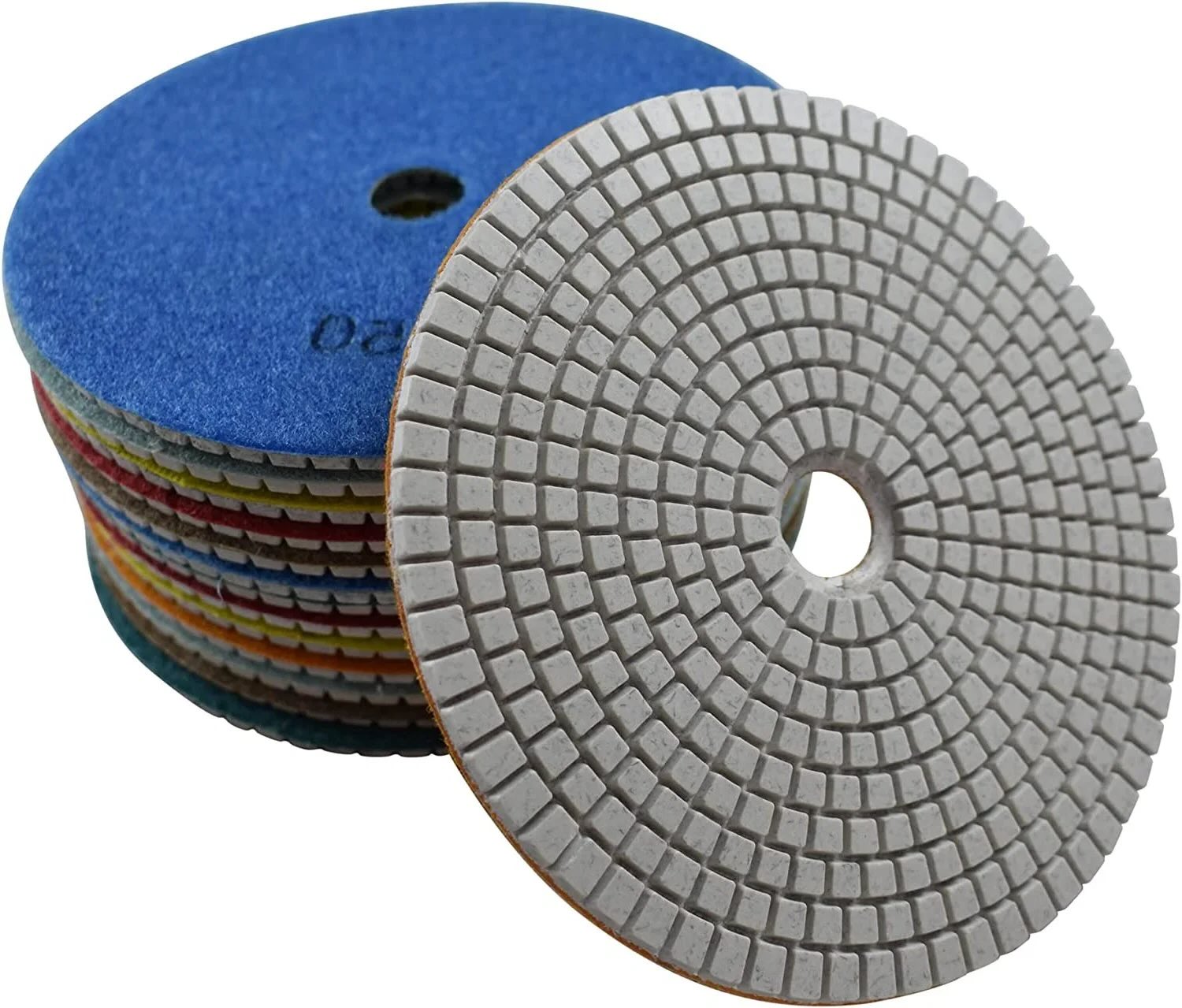
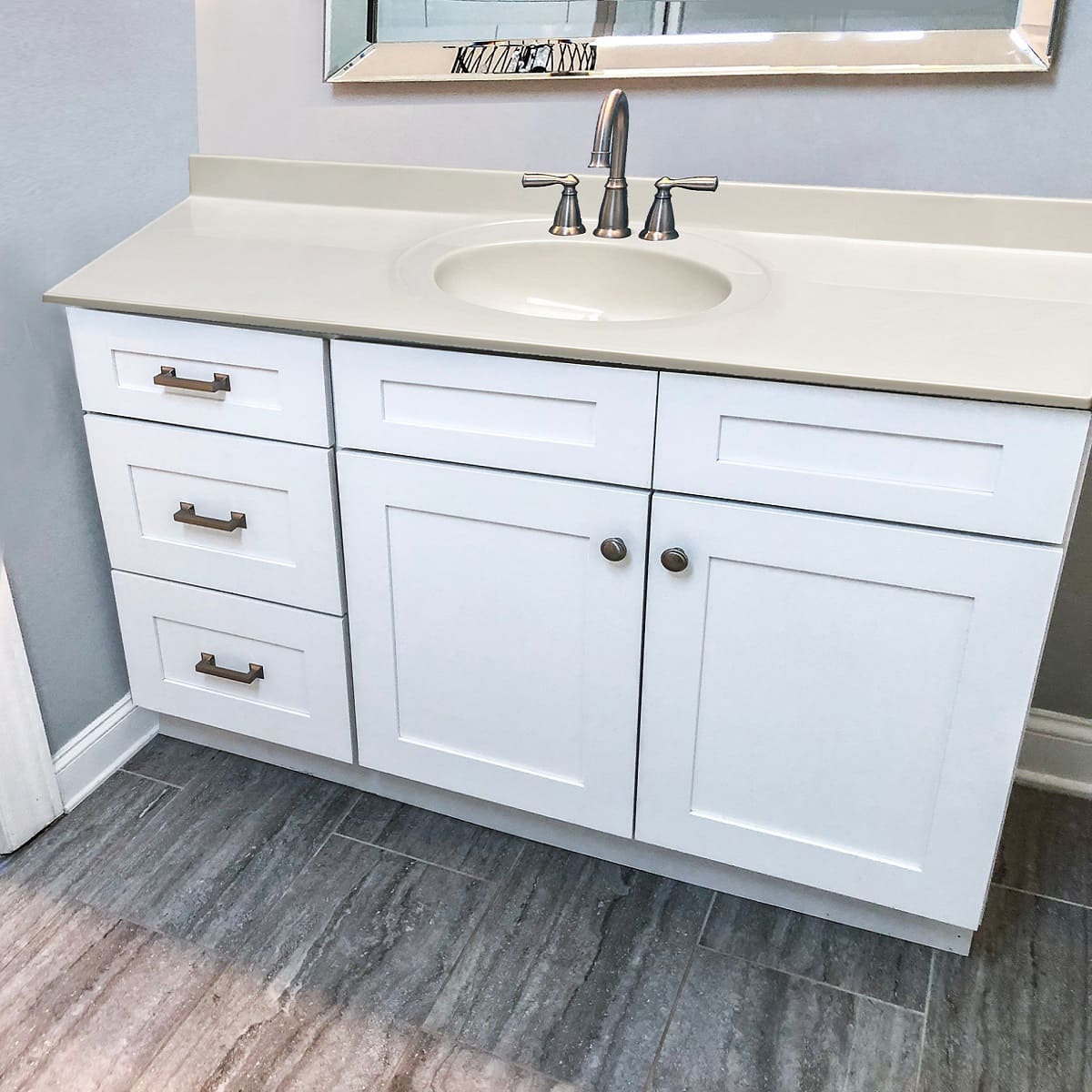
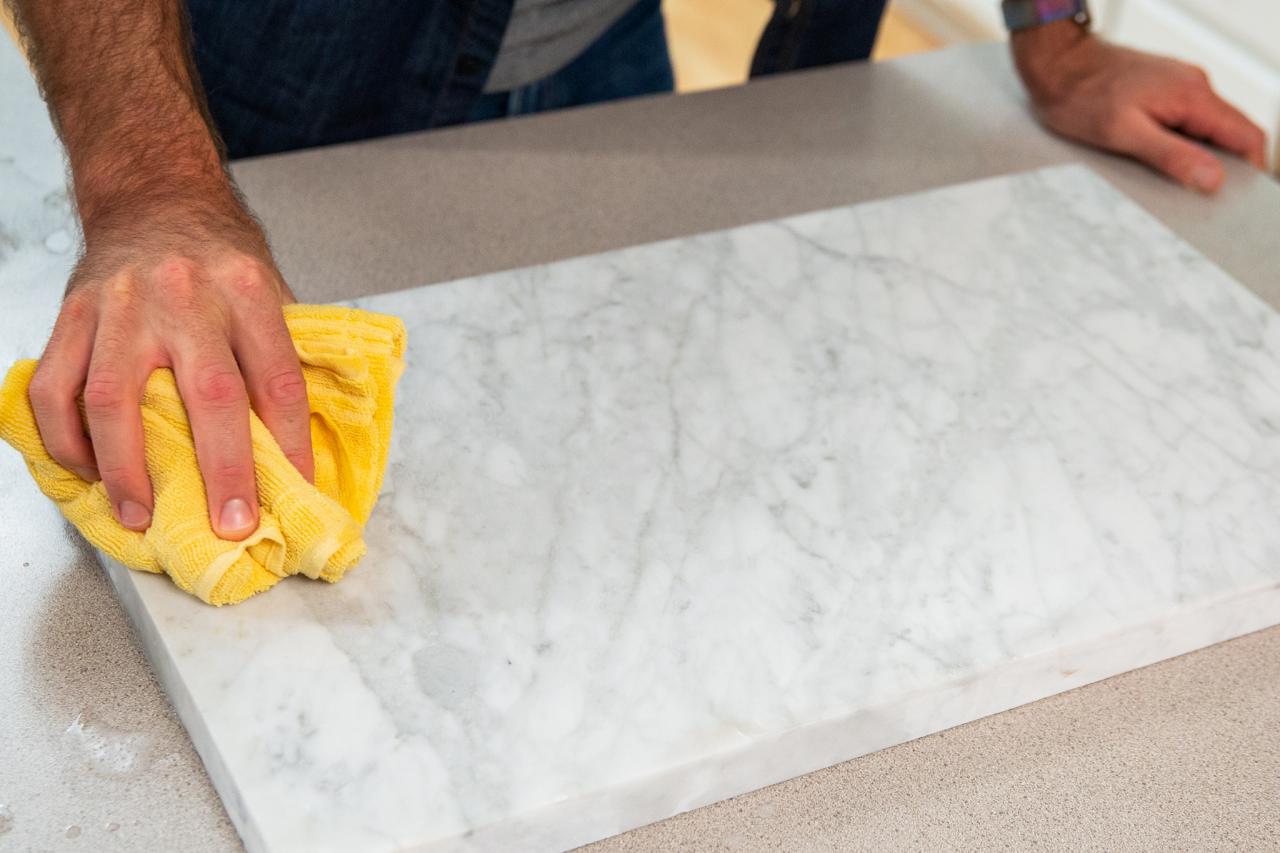
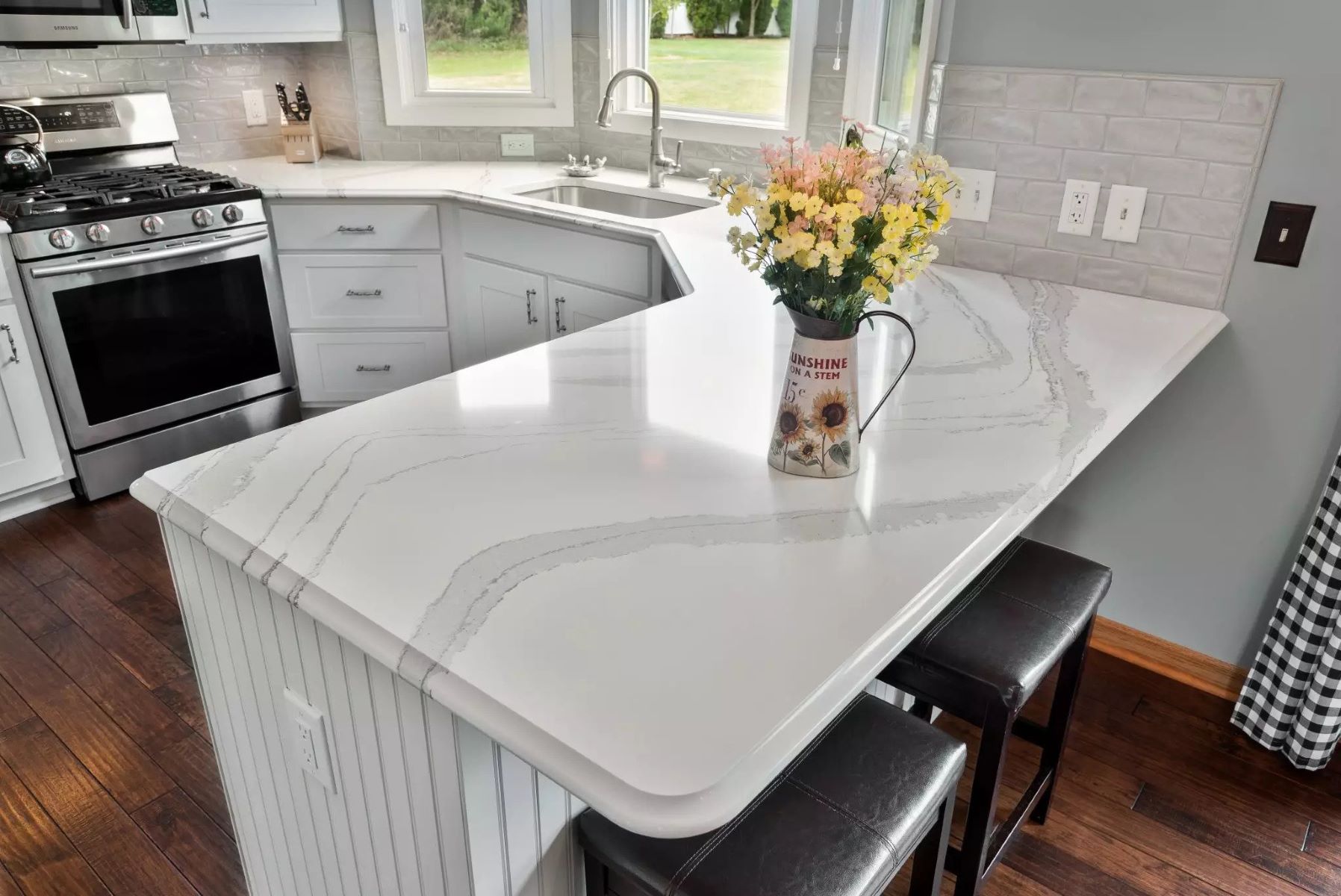

0 thoughts on “What Are Marble Countertops”